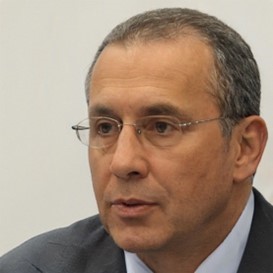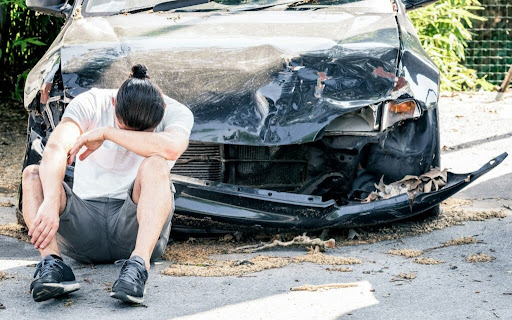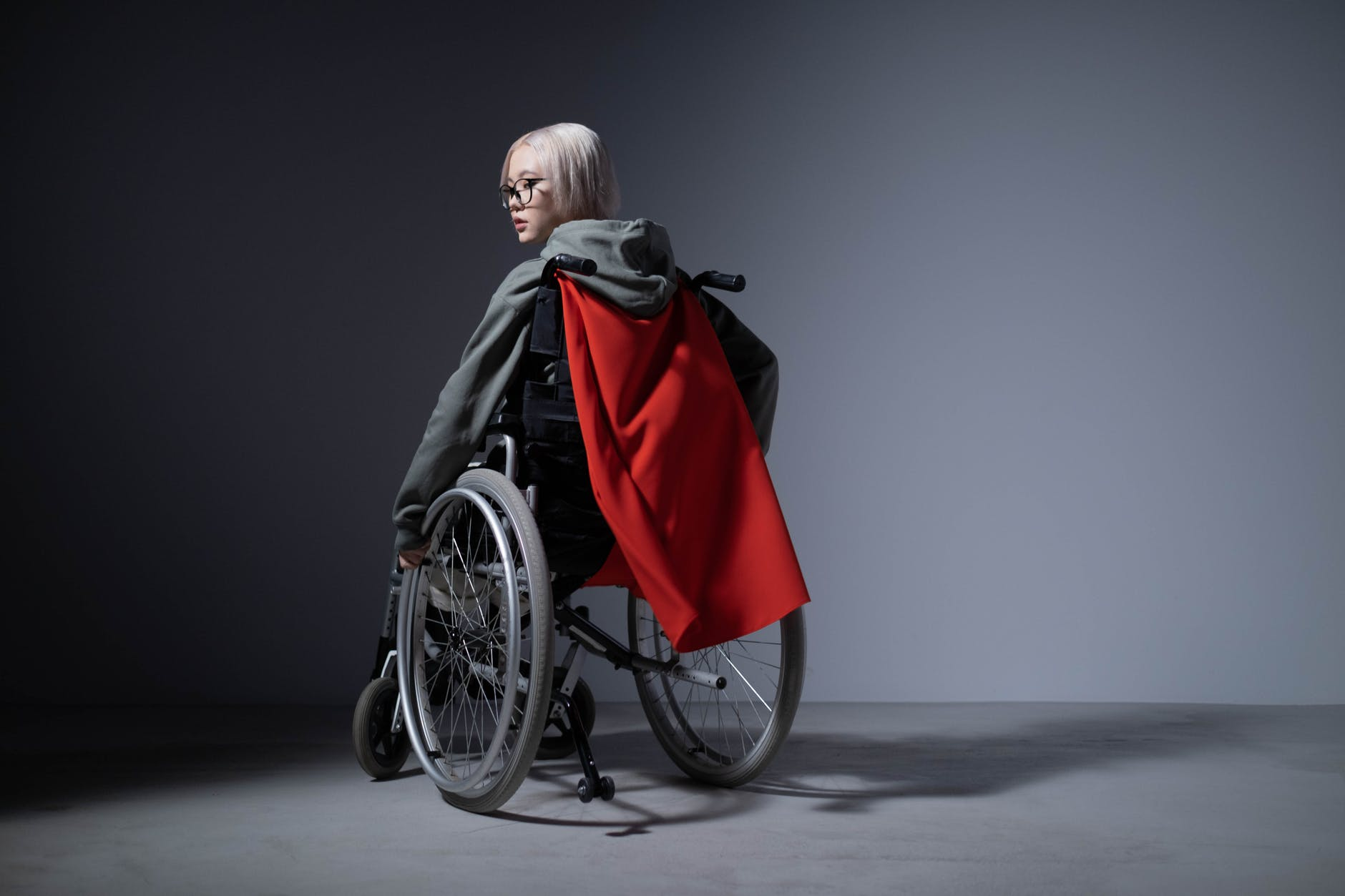Now Reading: What To Do if You Witness a Car Accident?
-
01
What To Do if You Witness a Car Accident?

What To Do if You Witness a Car Accident?
If you witness a car accident, it’s essential to maintain your composure even though the event can be traumatic. The steps you should take will depend on how severe the accident is and whether the victims are badly injured. However, there are a few guidelines to remember to make sure you stay safe. Following these tips will help to stabilize the situation until authorities arrive at the accident scene.
First, make sure that you are safe. Once you are out of harm’s way, contact the police and the paramedics. Check on the victims, but only act if you are advised and guided by a medical professional. Stay at the scene to provide your testimony to police and give your contact information to the victim; they might need your statement if they decide to file a claim.
Make Sure You’re Safe
If you see a car accident while you’re driving, pull over and make sure you’re at least 100 feet away from the accident. Turn your hazard lights on and look around to make sure you’re not too close to leaked gas or broken glass. If you’re close enough to the victims, you can ask them if they need help.
A Baton Rouge accident claim lawyer can help you take your case to court if you witness a car accident. Your lawyer will explain your rights and give you a better understanding of court proceedings. It’s best to schedule a consultation with an attorney as soon as possible so the details of the accident are fresh on your mind and your testimony can be used to determine fault in a car crash case.
Call 911
Don’t assume that someone else at the accident scene has already contacted the paramedics. Even if the accident doesn’t look too severe, you should call 911 right away. Let the operator know the location of the accident and how many victims are involved.
Check on the Accident Victims
Once you’ve ensured your safety, you can approach the accident scene. Offer help to the victims if you can. You can offer to let them use your phone to get in touch with loved ones or provide a warm blanket or cup of water.
Remember that now is not the time to assess who may have been liable for the accident. The police will likely ask you some questions when they arrive, and you shouldn’t say things that will lead them to believe that one party is more liable than the other.
If you’re not a physician or medical professional, do not attempt to administer medical care. You don’t want to be partially liable for anyone’s injuries. Don’t move the victim and don’t offer any medication. Since you’ve already called 911, paramedics should be on their way to provide the proper care to the accident victims.
Stabilize the Vehicles if Possible
If you witness a minor accident, ask the driver to park the car and turn it off. This will reduce the fire risk. The collision can cause a coolant or fuel leak. If you can, get help from another witness to move the vehicle out of the way of traffic in a way that leaves room for emergency responders. If you’re not able to move the car, set up some traffic triangles or flares to notify other drivers of the crash.
Provide a Statement and Contact Information
Once the police get to the accident, they will ask you about the circumstances that led to the collision. Be sure to only describe what you saw and don’t make assumptions about liability. Shortly after the accident, the police and insurance claims adjusters may get in touch with you to get your account of the accident.
Make sure that your story remains consistent. It may be helpful to write down the events to refresh your memory. Provide the police with your name and phone number so you can be contacted if necessary.
Stay at the Scene
Car crashes can be upsetting for everyone involved, whether you’re involved in the wreck or a witness. The best way to handle the situation is to stay at the accident scene and tell the police what you’ve seen and heard.
Remember that you should only get out of your car and offer assistance to the victims if it is safe for you to leave your vehicle. Acting calmly and logically will help keep everyone as safe as possible until the police and paramedics arrive.
Author:
As a journalist, Leland D. Bengtson dedicated most of his career to law reporting. His greatest satisfaction is to convey legal matters to the public in a language that they can understand. He is active on various platforms and media outlets, writing about common legal issues that people confront with every day. While medical malpractice is his strong suit, Leland covers plenty of other topics, including personal injury cases, family law, and other civil and even criminal legal matters.











